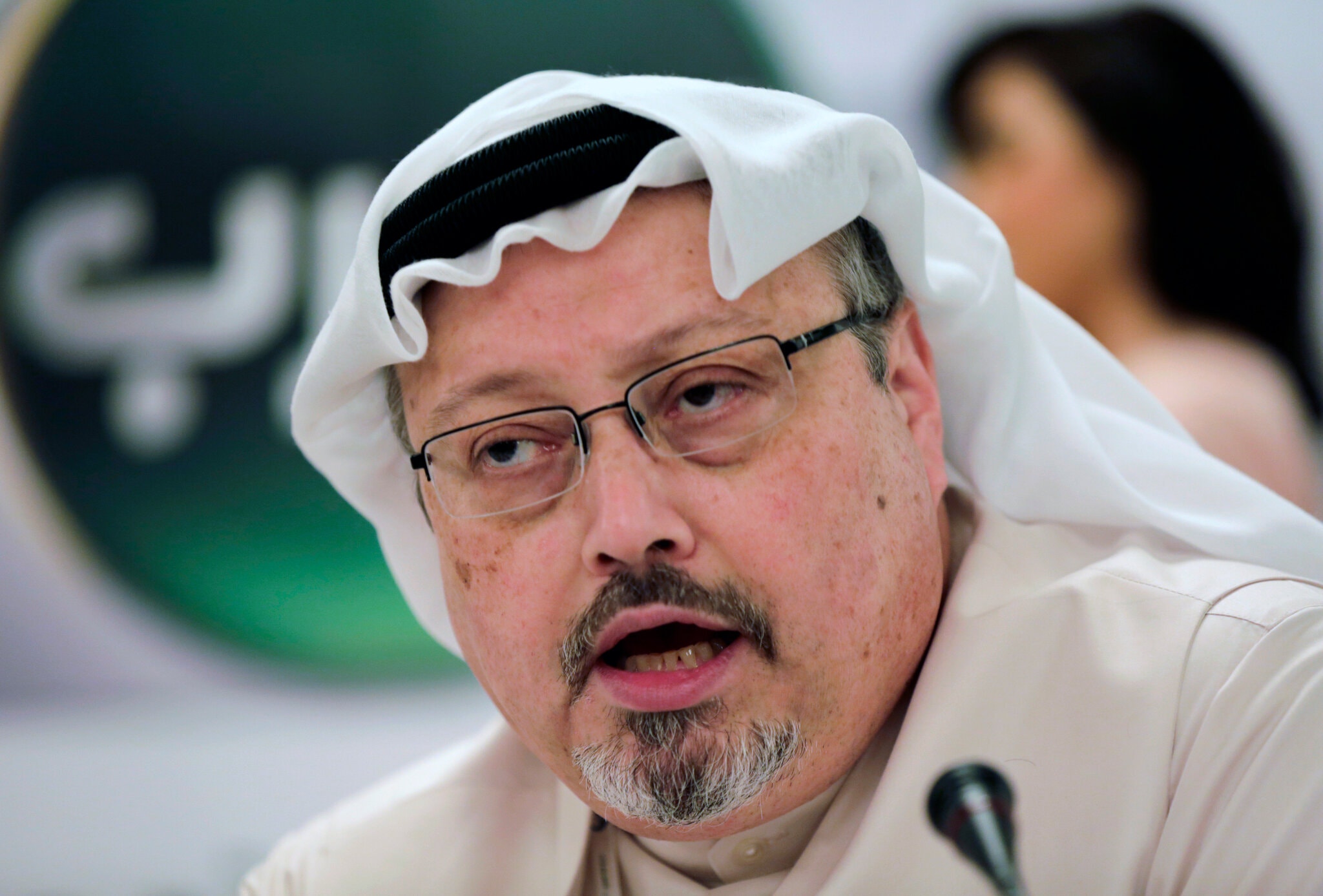
In the months before he was killed by Saudi agents in 2018, the Saudi dissident writer Jamal Khashoggi was pursuing a dream to found an organization in Washington to promote democracy in the Arab world.
On Tuesday, two years after his death, Mr. Khashoggi’s friends and colleagues will launch that organization, Democracy for the Arab World Now, or DAWN.
DAWN is a Washington-based human rights watchdog that plans to focus on violations by the United States’ closest Arab allies and publish articles by political exiles from across the Middle East to carry on Mr. Khashoggi’s legacy.
Since Mr. Khashoggi’s death and dismemberment by Saudi agents inside the Saudi Consulate in Istanbul on Oct. 2, 2018, critics have embraced his case as the grimmest manifestation of Crown Prince Mohammed bin Salman’s no-holds-barred approach to silencing dissidents within Saudi Arabia and abroad.
Prince Mohammed, the Saudi kingdom’s de facto ruler, has said that he did not know beforehand about the plot against Mr. Khashoggi, although an assessment by the C.I.A. said it was likely that he had ordered the killing.
Despite the kingdom’s efforts to move on after a Saudi court sentenced eight men to prison terms for the crime this month, Mr. Khashoggi’s story continues to resonate. Two high-profile documentaries about his killing, “Kingdom of Silence” and “The Dissident,” are to be released on the second anniversary of his death on Friday, and a group of Saudi dissidents announced the formation last week of an exile opposition group, the National Assembly Party. Some if its members were associates of Mr. Khashoggi.
On Monday, Turkey prepared a new indictment against six Saudi citizens, including two consular workers, in connection with his killing. They are expected to be added to the Turkish trial in absentia of 20 other suspects that began in July.
DAWN’s organizers say they hope the group will continue Mr. Khashoggi’s vision.
A memorial for Mr. Khashoggi held by freedom of the press activists in Washington, D.C., last year.Credit…Sarah Silbiger/Reuters
“The fundamental premise that democracy and human rights are the only solution for stability, security and dignity in the Middle East is 100 percent Jamal’s point of view,” said Sarah Leah Whitson, the group’s executive director. “That is what he wanted this organization to be about.”
Mr. Khashoggi came up with the idea for DAWN after he fled Saudi Arabia for fear of arrest in the summer of 2017 and settled near Washington. He wrote columns for The Washington Post that criticized Prince Mohammed’s reform plans and the arrests of clerics, academics and rights activists, turning him into a hated figure in Riyadh.
DAWN was registered in the United States in early 2018 but failed to take off before Mr. Khashoggi was killed. After his death, associates of Mr. Khashoggi raised money and developed plans to launch the organization, said Ms. Whitson, who was formerly the director for the Middle East and North Africa for Human Rights Watch.
She described the organization as a mix between a think tank and a human rights watchdog that would focus, initially at least, on authoritarian states with close ties to the United States — Egypt, the United Arab Emirates and Saudi Arabia. One goal is to counter the idea that the United States is a benevolent actor in the Middle East.
“Forget about doing good,” she said. “Stop doing bad, stop arming, stop aiding these abusive governments, because that taints Americans.”
The organization will focus on naming and shaming midlevel officials who are involved in human rights violations but who usually escape scrutiny, she said.
“These governments always say it is not the king, the crown prince or the interior minister, it is the people around them” who are responsible for abuses, said Fadoua Massat, DAWN’s Arabic media director. “We want to get the names of the people who are behind these violations.”
The group will also maintain a “Khashoggi Index” to track the roles of foreign governments in promoting or hindering democracy and rights in the Middle East and publish articles in English and Arabic by political exiles, experts and activists.
“The fundamental premise that democracy and human rights are the only solution for stability, security and dignity in the Middle East is 100 percent Jamal’s point of view,” said Sarah Leah Whitson, DAWN’s executive director.
It has an initial staff of 10 people and is funded by “people in the United States who were friends with Jamal,” Ms. Whitson said.
There is no shortage of organizations documenting human rights abuses and trying to shift United States policy in the Middle East, and it remains unclear how DAWN will fit in.
Hussein Ibish, senior resident scholar at the Arab Gulf States Institute in Washington, said that he doubted it could drive any major change.
“If the primary audience is going to be American policymakers, they are going to come up against the national interest and fixed alliances,” he said.
Underlying American ties with Saudi Arabia and other Arab states are security, military and economic cooperation, which often overshadows concerns about Arab countries’ human rights records or their leaders’ means of staying in power.
“Nobody defends the U.S. relationship with these countries as a values-based confluence of Western democracy,” Mr. Ibish said.
But research done by DAWN could serve as ammunition in battles over Middle East policy in Washington, Mr. Ibish said, and its work could be more relevant in the Arab world than that done by other human rights groups.
“It is not impossible that an Arab voice with Arab names and Arab discourse will be effective when directed back at the Arab world in a way that traditional human rights advocacy isn’t,” he said.